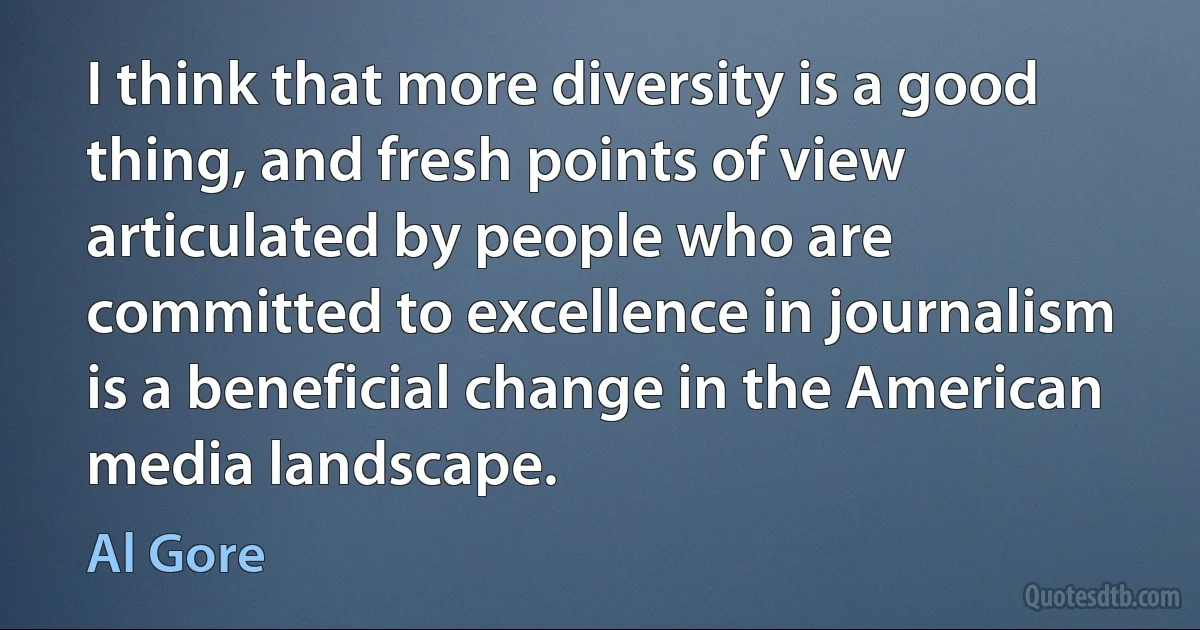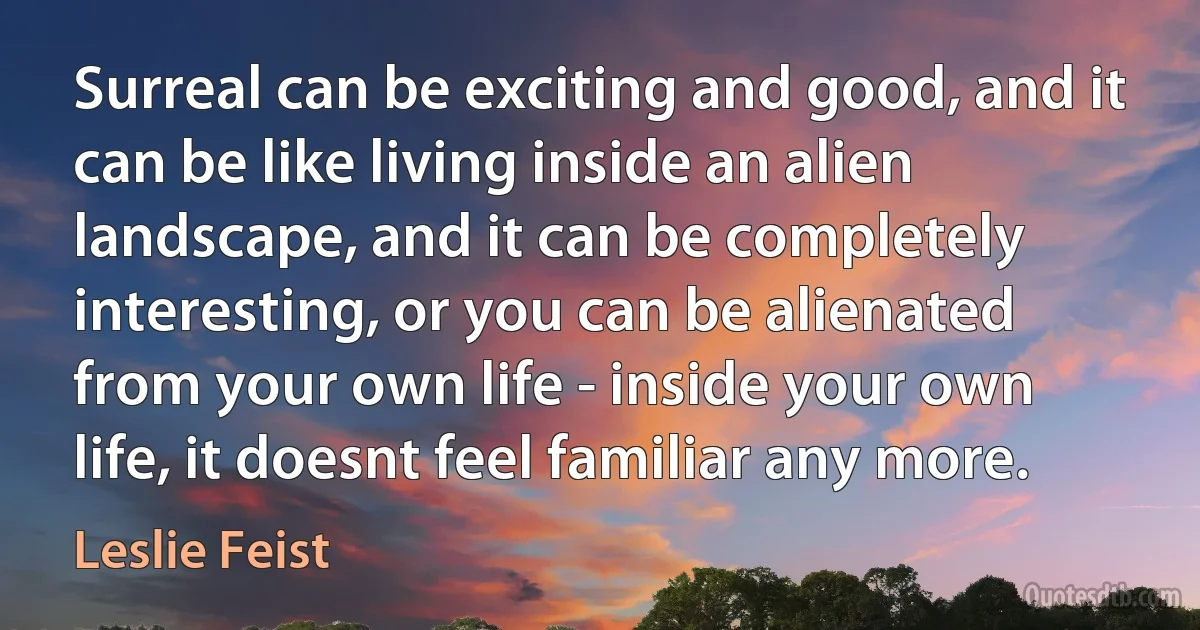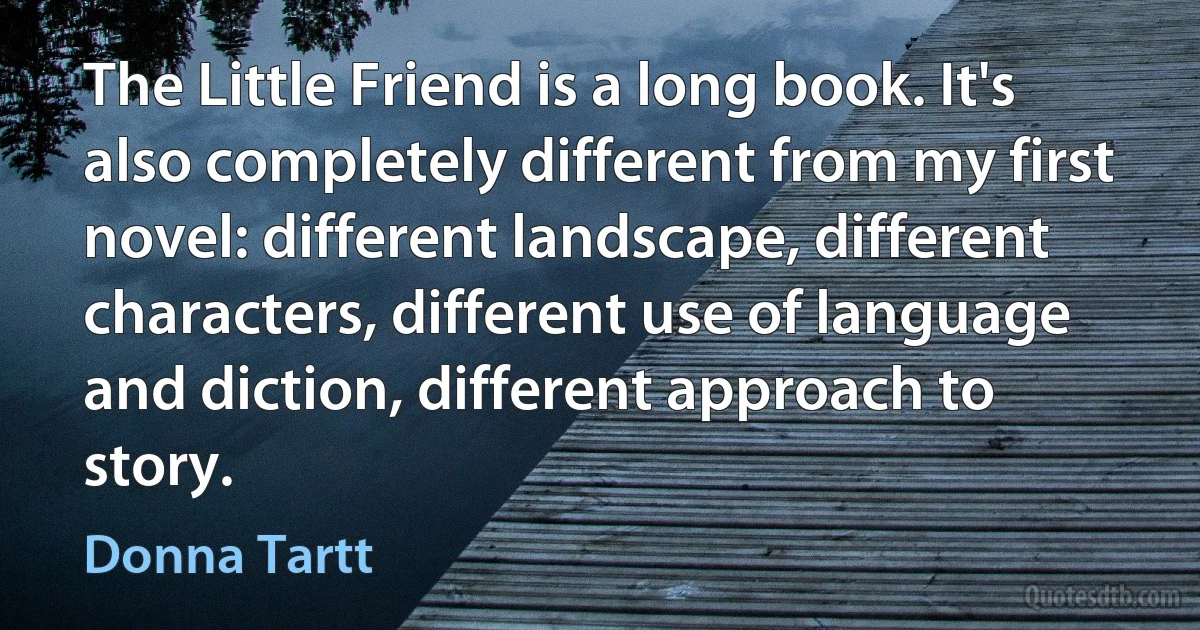Landscape Quotes - page 8
Monumentality is an affair of relativity. The truly monumental can only come about by means of the most exact and refined relation between parts. Since each thing carries both a meaning of its own and an associated meaning in relation to something else - its essential value is relative. We speak of the mood we experience when looking at a landscape. This mood results from the relation of certain things rather than from their separate actualities. This is because objects do not in themselves possess the total effect they give when interrelated.

Hans Hofmann
Before us, art relied on memory, an anxious re-evocation of an Object lost (happiness, love, a landscape), and hence was nostalgic, static, charged with suffering and distance. With Futurism, instead, art is turning into art-action, which is to say, into will, optimism, aggression, possession, penetration, delight, brutal reality within art (example: onomatopoiea; -example: noise-tuners = motors), geometrical splendor of forces, projections forward. Thus, art is becoming Presence, new Object, new reality created with the abstract elements of the universe. The hands of the passéist artist used to suffer for the sake of the lost Object; our hand will twitch for the new Object to be created. That is why the new Object (the plastic complex) has miraculously appeared in your hands.

Filippo Tommaso Marinetti
Each mountain ridge in this landscape has a distinct contour, with various peaks whose heights reflect evolutionary time. That is, within humankind's evolutionary landscape there are several naturally selected systems that contribute to channeling human experience toward religious paths. In the processing of human experience, these systems, and their components, interact and develop interrelated functions - as do geological, hydrological, and organic systems in the drainage process.

Scott Atran
Father Latour judged that, just as it was the white man's way to assert himself in any landscape, to change it, make it over a little (at least to leave some mark of memorial of his sojourn), it was the Indian's way to pass through a country without disturbing anything; to pass and leave no trace, like fish through the water, or birds through the air.
It was the Indian manner to vanish into the landscape, not to stand out against it. The Hopi villages that were set upon rock mesas were made to look like the rock on which they sat, were imperceptible at a distance.

Willa Cather
We visited Meudon [c.1938] to see Hans Arp and though, to our disappointment, he was not there and his wife, Sofie Täuber showed us his studio. It was very quiet in the room so that one was aware of the movement in the forms... I thought of the poetic idea in [Hans] Arp's sculptures. I had never had any first-hand knowledge of the Dadaist movement, so that seeing his work for the first time freed me of many inhibitions and this helped me to see the figure in landscape with new eyes... Perhaps in freeing himself from material demands his idea transcended all possible limitations. I began to imagine the earth rising and becoming human.

Barbara Hepworth
I cannot write anything about landscape without writing about the human figure and the human spirit inhabiting the landscape, for me, the whole art sculpture is a fusion of these two element – the balance of sensation and the evocation of man in his universe. Every work in sculpture is either a figure I see, or a sensation I have, whether in Yorkshire, Cornwall or Greece, or the Mediterranean.

Barbara Hepworth
Working in the abstract way seems to release one's personality and sharpen the perceptions so that in the observation of humanity or landscape it is the wholeness of inner intention which moves one so profoundly. The components fall into place and one is no longer aware of the detail except as the necessary significance of wholeness and unity.... a rhythm of form which has its roots in earth but reaches outwards towards the unknown experiences of the future. The thought underlying this form is, for me, the delicate balance the spirit of man maintains between his knowledge and the laws of the universe.

Barbara Hepworth
Today I painted my first plain air portrait at the clay pit, a little blond and blue-eyed girl. The way the little thing stood in the yellow sand was simply beautiful – a bright and shimmering thing to see. It made my heart leap. Painting people is indeed more beautiful than painting a landscape. I suppose you can notice that I am dead-tired, after this long day of hard work, cant you? But inside I am so peaceful and happy..

Paula Modersohn-Becker
Our sense of touch is a fundamental sensibility which comes into action at birth – our stereognostic sense – the ability to feel weight and form and assess its significance. The form which have had special meaning for me since childhood have been the standing form (which is the translation of my feelings towards the human being standing in the landscape) the two forms (which is the tender relation of one living thing besides another); and the closed form, such as the oval, spherical or pierced form (sometimes incorporating colour) which translates for me the association and meaning of gesture in landscape; in the repose of say a mother and child.... In all these shapes the translation of what one feels about man and nature must be conveyed by the sculptor in terms of mass, inner tension, and rhythm, scale in relation to our human size and the quality of surface which speaks through our hands and eyes.

Barbara Hepworth
The road to death is a long march beset with all evils, and the heart fails little by little at each new terror, the bones rebel at each step, the mind sets up its own bitter resistance and to what end? The barriers sink one by one, and no covering of the eyes shuts out the landscape of disaster, nor the sight of crimes committed there.

Katherine Anne Porter
Sexual intercourse is not intrinsically banal, though pop culture magazines like Esquire and Cosmopolitan would suggest that it is. It is intense, often desperate. The internal landscape is violent upheaval, a wild and ultimately cruel disregard of human individuality, a brazen, high-strung wanting that is absolute and imperishable, not attached to personality, no respecter of boundaries; ending not in sexual climax but in a human tragedy of failed relationships, vengeful bitterness in an aftermath of sexual heat, personality corroded by too much endurance of undesired, habitual intercourse, conflict, a wearing away of vitality in the numbness finally of habit or compulsion or the loneliness of separation.

Andrea Dworkin
In the east the moon was rising, a full moon that lighted the landscape so that he could see every little clump of bushes, every grove of trees. And as he stood there, he realized with a sudden start that the moon was full again, that it was always full, it rose with the setting of the sun and set just before the sun came up, and it was always a great pumpkin of a moon, an eternal harvest moon shining on an eternal autumn world.
The realization that this was so all at once seemed shocking. How was it that he had never noticed this before? Certainly he had been here long enough, had watched the moon often enough to have noticed it. He had been here long enough - and how long had that been, a few weeks, a few months, a year? He found he did not know. He tried to figure back and there was no way to figure back. There were no temporal landmarks. Nothing ever happened to mark one day from the next. Time flowed so smoothly and so uneventfully that it might as well stand still.

Clifford D. Simak



